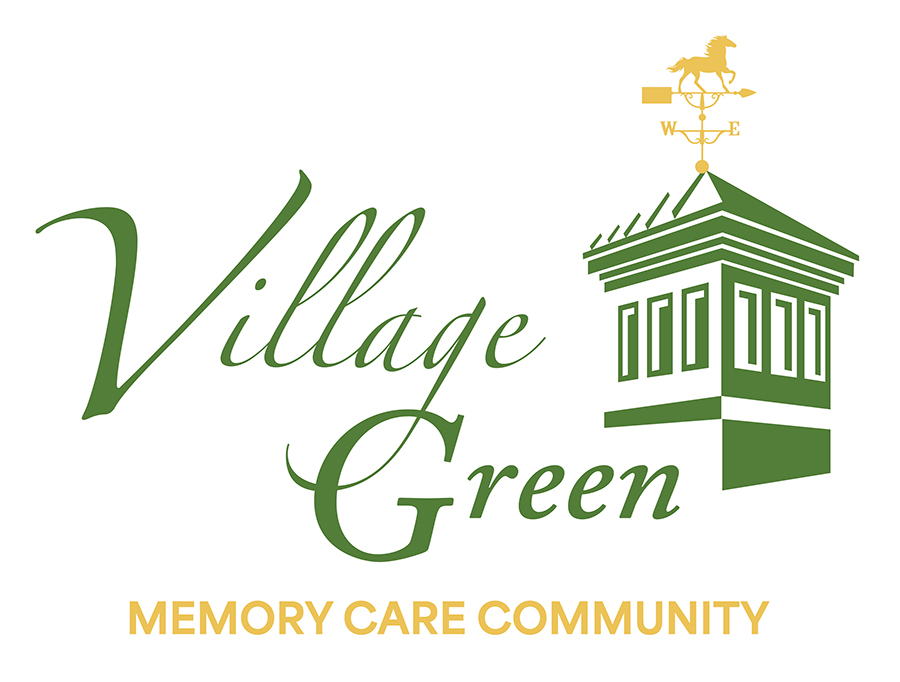The Progression of Alzheimer's Disease
Alzheimer’s disease (AD) is a slowly progressing, irreversible neurodegenerative brain disease with a long preclinical phase (up to 20 years) and an average clinical duration of 8 to 10 years. The progression of AD is accompanied by changes to the brain that serve as disease biomarkers.
Normal aging vs. Alzheimer’s disease
Alzheimer’s disease symptoms often start subtly. People with early Alzheimer’s disease (and their families) may mistake the early signs for normal aging and put off going to a doctor.
Disease progression typically spans several stages. These stages include preclinical Alzheimer’s disease, mild cognitive impairment (MCI) due to Alzheimer’s disease, and Alzheimer’s disease dementia varying from mild to severe.
- Preclinical Alzheimer’s disease: individuals with evidence of Alzheimer’s disease pathology who have no clinical symptoms.
- MCI due to Alzheimer’s disease: evidence of Alzheimer’s disease pathology along with impairment in 1 or more cognitive domains that do not interfere with daily functioning.
- Alzheimer’s disease dementia (mild, moderate, severe): when cognitive abilities further decline and cause impairment in functional abilities.
MCI due to Alzheimer’s disease is a critical stage of the disease continuum
During this stage, clinicians may be able to detect very early features of Alzheimer’s disease compared to other causes of memory loss or other forms of cognitive impairment. These features can be detected using validated tools such as Mini-Cog, General Practitioner Assessment of Cognition (GPCOG), Memory Impairment Screen (MIS), and Montreal Cognitive Assessment (MoCA).7-9
The time between MCI due to AD and AD dementia is limited
The rate of cognitive decline increases sharply in the years before dementia. Since MCI is the earliest stage of Alzheimer’s disease with observable symptoms, this leaves limited time between diagnosis and dementia—with estimates ranging from 2 to 6 years.1,5,6.
Patients with MCI due to AD have been shown to convert to AD dementia at an annual rate of 31%.
Link to Story

